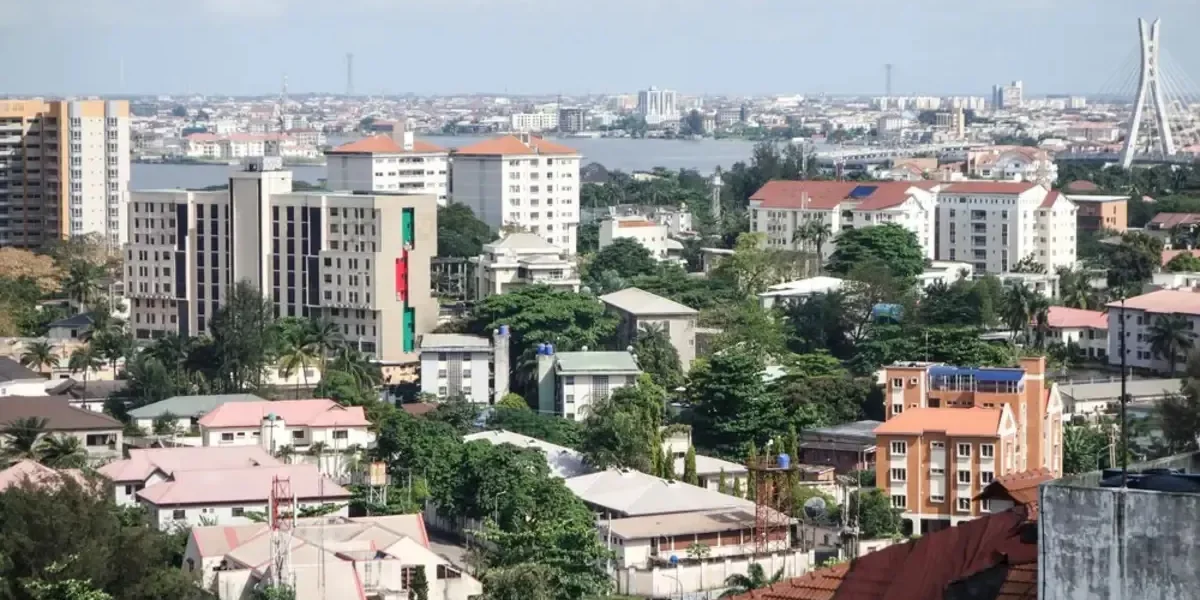Why Lagos Is Demolishing 176 Estates and Markets: Facts, Risks, and How Buyers Can Stay Safe in 2026
Lagos is currently witnessing a wave of demolitions that is sending shockwaves through its real estate community, with the threat hanging heavy over both dream homes and cherished shops. Between August and September 2025, news headlines captured the anxiety: Lagos State declared 176 estates in areas like Ajah and Epe “illegal,” while Mandilas Market, already battered by a devastating fire, saw traders served with 21-day eviction notices for non-compliant structures. Understanding the causes of these crackdowns is crucial for anyone hoping to invest in the Lagos property or retail market.
But Why Is Lagos Demolishing Estates and Markets?
Property ownership in Lagos is both an aspiration and a challenge, a promise of financial security, but also a constant test of paperwork, patience, and compliance. For the hundreds of homeowners and shopkeepers facing demolition, the main culprit is not a sudden whim but a deep-rooted battle over legality and urban planning.
Recent actions by Lagos authorities show a zero-tolerance approach to illegal developments. Most estates listed for demolition were flagged because they lacked valid government approvals or were built on land not designated for residential use. Often, buyers are unaware they’re acquiring properties with contested titles or forged documents. The result is that tens of thousands of residents find themselves living with uncertainty, their investments threatened by legal technicalities beyond their control.
The Mandilas Market incident exemplifies the city’s stance. After a fire gutted shops, authorities declared many units “illegal structures” and gave traders 21 days to clear out or face demolition. For many, their business lifeblood could be swept away overnight, simply for lacking proper building plans or violating zoning laws. These stories underscore a grim reality: legal compliance isn’t a one-time checkbox but an ongoing struggle, complicated by changing regulations and boundary disputes.
Deep Roots of Real Estate Compliance in Lagos
Why does this keep happening? Lagos, like most Nigerian urban hubs, struggles with informal settlements, ambiguous land records, and a booming demand for affordable space. Developers sometimes cut corners, erecting estates on precariously acquired land or rushing construction without full approvals, banking on future regularisation. Residents, eager to secure the dwindling inventory of affordable homes, often buy before legalities are clarified.
Lagos State sees itself as the custodian of sustainable city growth and infrastructure. Demolitions, however harsh, are argued as necessary to preserve urban order, prevent flooding, and curb environmental hazards. Homes and shops built on wetlands or government land risk undermining broader city plans. But for the individual, the motivations are simple: protection of investment, comfortable living, and peace of mind.
Lessons for Property Buyers and Shop Owners
What does this mean for those dreaming of a future in Lagos? The demolition wave is a stark warning: never assume compliance, always verify. Before buying land, a flat, or a shop, it is vital to check the legitimacy of land titles, building approvals, and zoning permissions. Seek counsel from professionals or established developers who understand the complex structure of Lagos real estate laws.
Internal links to reputable property guides and resources on land documentation and title verification can give buyers a leg up on staying compliant. External sources, like the Lagos State Ministry of Physical Planning and Urban Development and credible Nigerian property law experts, offer deeper insights on safeguarding real estate investments.
Navigating Lagos Real Estate with Caution
This period in Lagos real estate history is more than a policy shift. It tells a story of hope, risk, and the need for vigilance. For every estate branded “illegal” and every market trader evicted, there are lessons about the importance of thorough documentation, the pitfalls of unregulated development, and the role of government oversight.
Buying property or setting up shop in Lagos is as much about due diligence as about ambition. In the current climate, it is those who dig deep into the paperwork and insist on legitimacy who will enjoy lasting security in their investments. Lagos remains a city of opportunity, but only for those prepared to walk the narrow path between aspiration and the rule of law.

